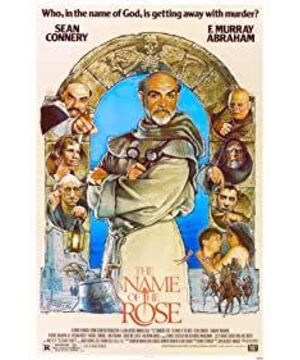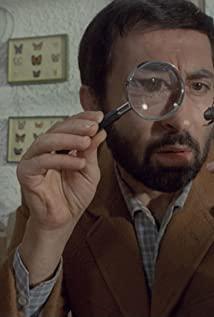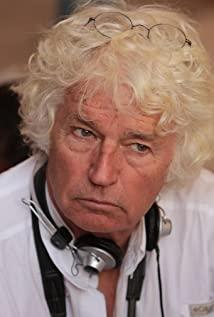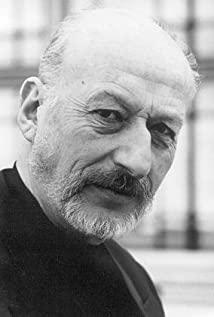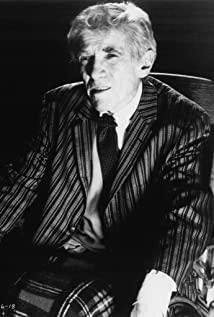This film is adapted from the novel of the same name by the Italian semiotics master Humberto Umberto Eco . The director popularized the original story about religious philosophy and enhanced the entertainment effect. However, the whole story is arranged in disorder and complicated, but the atmosphere control is still excellent. The struggles of the dark medieval religious factions in Europe are vividly expressed, and the overall style is somber and gloomy that it is depressing. The layout of the ending is ingenious and ironic. There are also comments that the film is too commercial, which weakens the philosophical speculation in the original work. The film adopts the narrative that Adesso recalled when he was old , reflecting a bizarre experience of his youth and his teacher William in an Italian monastery, shaping the image of this heroic struggle to protect the spiritual wealth of human civilization and revealing social turmoil And the mentality of different classes and different people in the period of cultural change. The creators use vivid and lifelike audiovisual images and a large number of metaphorical symbolism to show profound philosophical views and aesthetic propositions. The title itself is rich in meaning. Does "The Name of the Rose" refer to William, the epitome of human civilization, or the "strange book" that has disappeared but will not be forgotten, or the simple and natural rural girl who symbolizes the entire woman? The audience can judge based on their own understanding. The film is very popular in the West and won the 1987 Caesar Award for Best Foreign Language Film in France, the Best Foreign Language Film Award at The Federal Republic of Germany Film Festival and the Best Actor Award at the British Academy of Film and Television in 1988.


